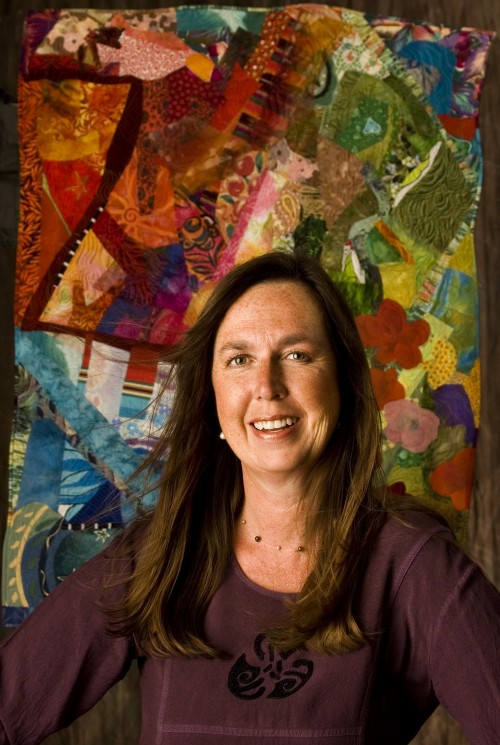“The true antidote for greed is contentment.”
The Dalai Lama
The yard demands my attention. A neighbor walked by as I was gardening last weekend and said, “You’re doing the meditation of one thousand dandelions.” In my case, it’s more like one hundred thousand dandelions, and soon to be more, since every one is going to seed at this exact moment.
In Rush Limbaugh’s world, my dandelions represent a nightmarishly overpopulated third-world country bent on destroying the American Way of Life. If you’re a third world country, those same dandelions (and all their seeds) are the entire citizenry of the U.S. coming after your resources with impunity.
I’m supposed to be writing about the economy. It occurs to me while I’m contemplating and researching that subject that dandelions might meet the definition of a global public good. According to the Wikipedia entry, a global public good has three qualities:
* It is non-rivalrous. Consumption of this good by anyone does not reduce the quantity available to other agents. Absolutely.
* It is non-excludable. It is impossible to prevent anyone from consuming that good. Seems like that fits.
* It is available worldwide. Very possibly.
The definition doesn’t say anything about the intrinsic value of the product, though, which I find puzzling.
My neighbors don’t know (or care) that dandelions are a global public good.
I’m interested in global public good because, although I want to see the economic pie as infinite, deep down I don’t believe this is possible. I mistrust economists who talk about growth and never address sustainability. My personal economic model deems periods of rest or decline inevitable.
I was actually encouraged and somehow comforted by President Obama’s talk of sacrifice a few months ago. Conspicuous consumption always seems a little perverse to me.
There’s been a shift in recent weeks, though. No one is talking about sacrifice anymore.
Now we are all about Recovery.
I hate that. Not recovery, exactly, but Premature Recovery. Shouldn’t we have to buck up for a while, experience some hardship? At the risk of sounding like Andy Rooney, I’d say hardship builds character. (When Kate and I went down to Mexico in February, she took photos of an abandoned prosthetic leg made from a length of downspout and leather scraps. Talk about hardship building character.)
Here’s how naive and idealistic I am about the world economy: If the gross national product of every nation was added up and the proceeds distributed to every person in the world, would everyone have enough?
Of course, then you have to define “enough”. Does everyone get a private jet and a ten thousand square foot home? Or a modest dwelling and a bicycle?
Maybe enough is simply not having raw sewage flowing through open trenches in your neighborhood.
Defining enough and distributing resources gets complicated for at least two big reasons that don’t have anything to do directly with the economy. One, our egos get attached to having stuff, and not just any stuff will do. We have to have what George Carlin (in his great routine about stuff) calls, “the good stuff.” Secondly, by its nature, ego is insatiable. In fact, its very existence depends on that constant hunger.
So, our collective ego is boundless and inexorable, but utterly unsustainable.
The Dalai Lama seems to be saying that contentment is the opposite of ego: control your desires, and gain a foothold on the mountain of your ego. If we all practiced contentment, the pie would contain a small slice for everyone.
I went backpacking in Grand Canyon a few weeks ago. Understand that I am not an experienced backpacker. My butt was kicked, hour after hour, by the rocky trail, by the weight of my pack, by my own brain, which kept telling me I had no business doing this, that I should ditch my pack, and hightail my 50-year-old behind up to the rim, or down to the river where I could score a cold beer.
Instead, I kept walking and was reminded that less stuff is okay. Desirable, even.
I learned that although there are very few things you can’t do without, potable water – especially in Grand Canyon — is not one of them.
And I was reminded that near the end of your journey (in my case, Indian Gardens), when you encounter richness and abundance, it feels even more luxurious if you’ve been deprived. Unless you’re talking dandelions.

